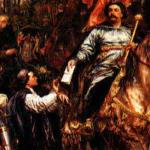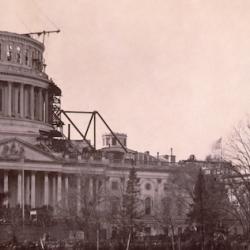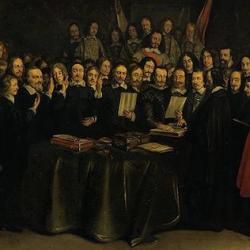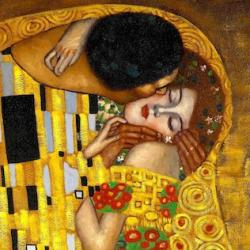Joseph G. Trabbic argues at Public Discourse that the Catholic church has never abandoned the notion of a confessional, Catholic state, and that this remains the norm for Catholic political life. In principle, he claims, the church teaches that states should recognize Christianity and the church, though there may be pragmatic reasons not to pursue such a church-state arrangement.
Benedict XVI, Trabbic argues, didn’t deviate from the traditional affirmation of a Confessional state. Francis does, but Trabbic says that his position is the deviation from prior teaching. Francis uses the phrase “healthy secularity,” but not in the same sense that it was used by Pius XII, the first Pope to use the phrase.
Trabbic writes, “According to Pius, ‘the legitimate healthy secularity of the state’ (la legittima sana laicità dello Stato) is ‘one of the principles of Catholic doctrine.’ For Pius, it means keeping the Church and the state ‘distinct but also—always in line with the right principles—united.’ He insists, moreover, that the ‘constant effort’ to maintain such a relationship is ‘a part of the tradition of the Church.'”
John Courtney Murray and others tried to find an endorsement of church-state separation in the work of Leo XIII, but Trabbic thinks they misread Leo. Writing to American bishops, Leo concluded that, despite the great blessings that Catholicism enjoys under the American system. “it would be very erroneous to draw the conclusion that in America is to be sought the type of the most desirable status of the Church, or that it would be universally lawful or expedient for State and Church to be, as in America, dissevered and divorced.” On the contrary, the church “would bring forth more abundant fruits if, in addition to liberty, she enjoyed the favor of the laws and the patronage of the public authority.”
Vatican II didn’t overturn the earlier commitment to the ideal of a confessional state. After Vatican II, Paul VI declared in Dignitatis humanae, §1 that ‘[The Council] leaves intact the traditional Catholic doctrine on the moral duty of men and societies toward the true religion and toward the one Church of Christ.'”
This doesn’t mean that Catholics should always press to establish Catholicism. It’s not good for church or state for Catholics to impose a religious establishment on a recalcitrant population. Trabbic concludes that “The principal point of a Catholic state, I take it, is for the Gospel to inform deeply not only the culture but the legislation too. However, we always need to work on the culture first.”
Decades ago, RJ Rushdoony was challenging the notion of a neutral state. Every state, he argued, is religious, and its God is its source of law. It’s intriguing to see the rest of the world catching up.












